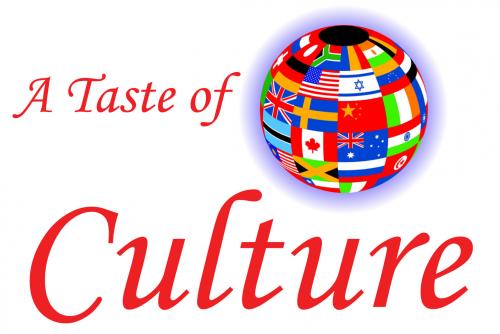今天分享给大家的是关于父母是否应该教孩子第二语言,大家注意积累词汇句型观点!
雅思写作相关真题:是否应该对孩子进行双语教学。
Should You Talk to Your Child in a Different Language?
New parents face a lot of pressures. Until I became a parent myself, I didn’t realize the sea of(不要再用a lot of这类没有辨识度的词了) conflicting advice(相互矛盾的建议) that besieges(夹击) parents on(平时多注意介词,这是考生写作中最容易犯错的地方) everything from feeding strategies to whether you need a baby Jacuzzi.
One of the more important decisions is what language bilingual parents will speak to their child. It’s natural to want the best for one’s child, and also to draw on one’s own childhood in parenting, but what if you speak a second language less fluently, one that you learned as an adult? Is it worth speaking your less fluent second language to your kid?
A case study in making this decision comes from a post by Jim Kling on the New York Times’ “Motherlode” blog about whether to speak to his daughter in Tagalog (his wife’s first language) or in English (his own first language).
![]()
Kling ended up deciding that he should use English, and that second language speakers did harm to children’s language acquisition. In coming to this conclusion, he drew on research on language development by people such as Erika Hoff. Hoff compared school test scores of Spanish-speaking immigrants to the USA who spoke Spanish to their children versus those who spoke English to them. While you might expect that the kids who spoke English at home would have higher test scores, that wasn’t true. Instead, the children being raised bilingually did better.
Kling took away from that research that non-native speakers should not speak to their children in their non-native language, and that he was doing a disservice to his daughter by speaking to her in Tagalog rather than in English. He interpreted the findings as meaning that non-native speakers are poor role models for children learning two languages, because they use ungrammatical or unidiomatic phrases.
As a linguist, I took away a very different message. I interpreted Hoff’s results as showing that the children who spoke English at home didn’t get much of a boost from their parents, because they were already getting a great deal of English input from the wider community. That is, they were already learning English from their peers rather than primarily(平时注意积累这类副词,注意他们的准确意义) from their parents, and so the extra input of second language English didn’t make much difference to their fluency. On the other hand, the Spanish group were getting most of their Spanish input from parents (and perhaps other close family), and were benefitting from growing up bilingual.
Why is mine the most plausible interpretation? Well, first of all, there’s a lot of research showing that being bilingual is good for the brain in general, in everything from multi-tasking to later onset of Alzheimer’s. And secondly, research in sociolinguistics tells us that children learn language from their peers, even from a very young age: NC State linguist Walt Wolfram, for example, has shown that peers start being more important linguistic role models than parents at around the age of four. (Of course, this remains true throughout adolescence, as any parent trying to understand text speak can tell you.) This is why even though my husband and I are Australian, our kids, growing up in Connecticut, will speak like Yankees—and why the kids in Hoff’s study learned English from the surrounding community even when their parents spoke primarily Spanish to them.
But what about this idea that non-native speakers produce a lower quality of input than native speakers? It makes intuitive sense—we know we make grammatical mistakes in a second language, so why wouldn’t children learn them?—but it’s not supported by the evidence. In fact, kids who are exposed to early language from non-native speakers usually grow up to be full speakers of that language. For example, deaf children of hearing parents benefit greatly from early exposure to Sign Language from non-natively signing parents, and in fact end up almost as fluent as Deaf people who have Sign Language exposure from birth. Another striking example comes from(举例时可以用这个句式) Daryl Baldwin and David Costa’s work on revitalizing the Native American language Myaamia, where children fluently use sounds and grammar that their parents, who learned the language as adults, still struggle with.
What most people don’t know is that not only are kids really good at learning languages, but they also have skills that help them learn from non-native speakers. For one thing, they learn very quickly who are good language role models: They can tell whether you’re a reliable speaker or whether your input should be taken with a grain of salt. Kids are also really good at extrapolating from the patterns they hear and filtering out noisy data, so even if you’re not always conjugating your verbs correctly, they’ll pick up on the general trend.
So, Jim, speak to your daughter in whatever language you want. You won’t be doing her a disservice by speaking to her in both her languages. In fact, you may even be doing her a favor.





